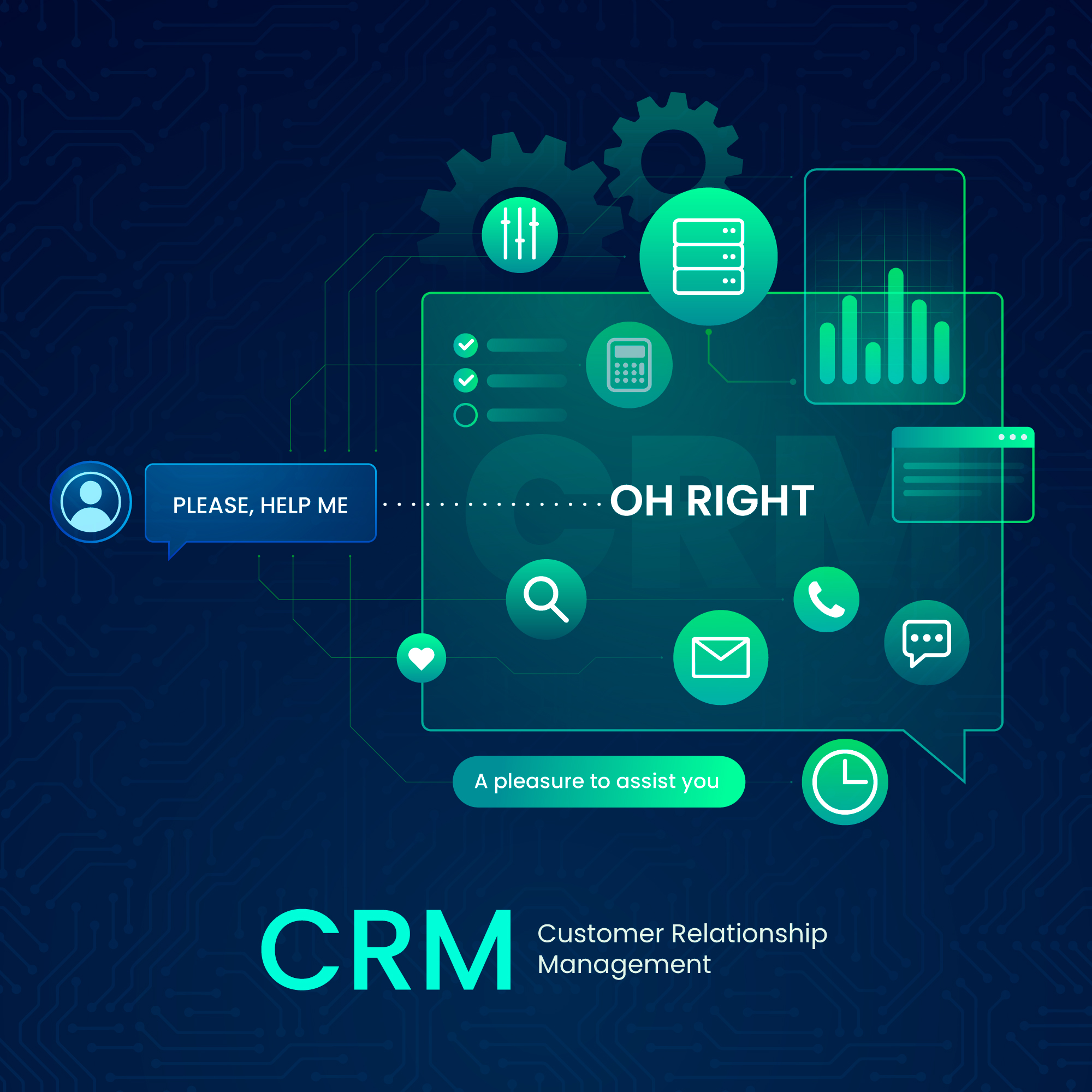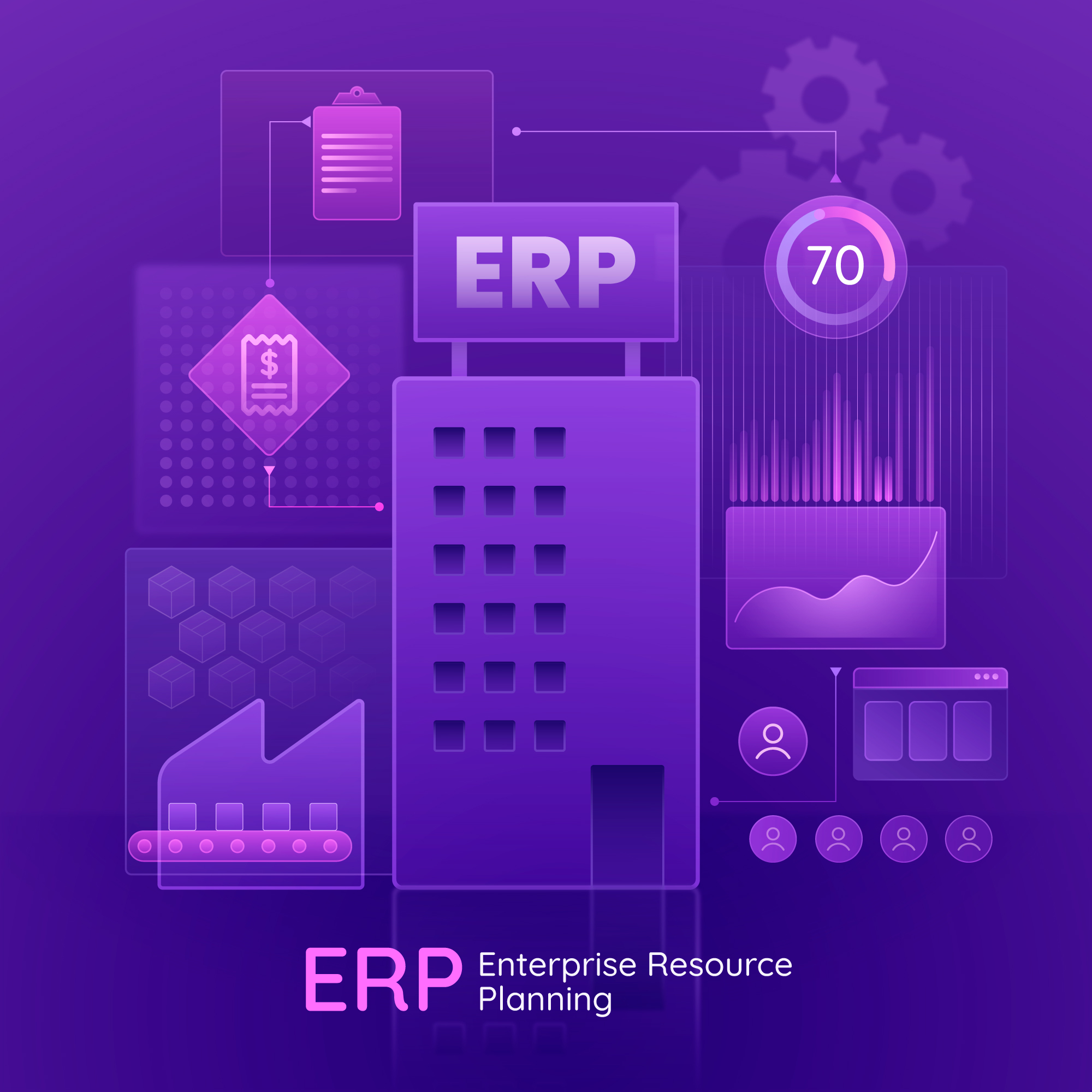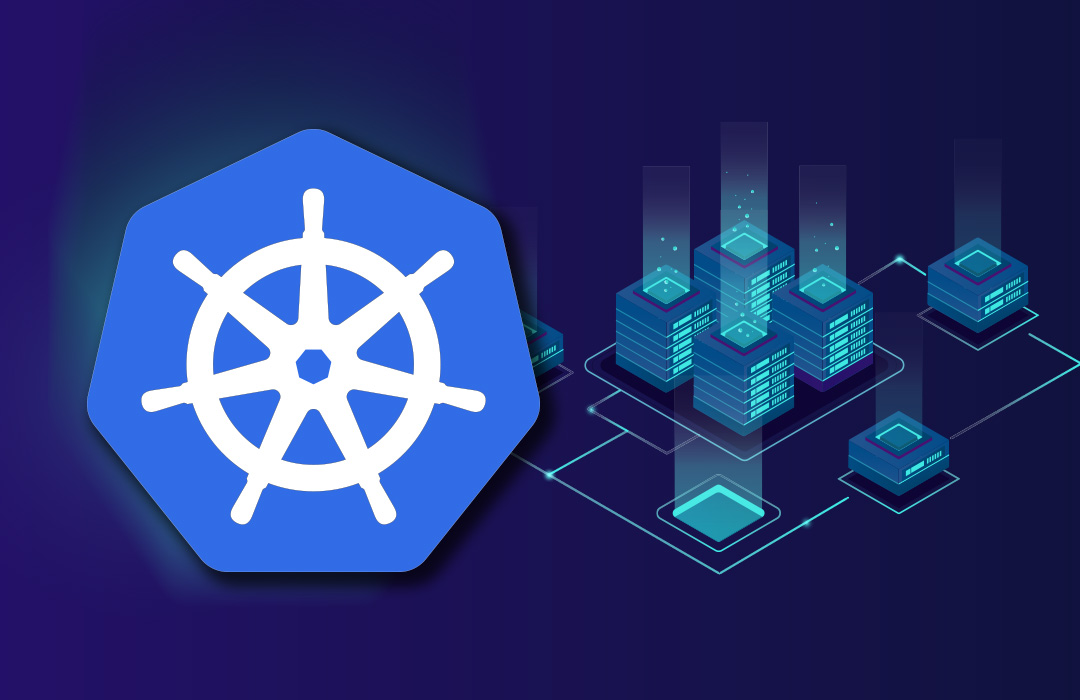In today’s fast-paced and competitive business environment, efficiency and agility are more important than ever. That’s where enterprise systems come in — powerful software solutions that unify data and processes across an organization.

What are enterprise systems?
Enterprise systems are large-scale software platforms designed to integrate and manage information from all areas of a business. From finance and sales to HR and operations, they serve as the digital backbone that supports seamless collaboration and data-driven decision-making.
Benefits of enterprise systems
Implementing an enterprise system can deliver numerous advantages:
Operational Efficiency: Automate repetitive tasks, eliminate manual errors, and optimize workflows to reduce costs and save time.
Real-Time Decision-Making: Gain immediate access to accurate data and analytics, enabling better strategic decisions.
Improved Collaboration: Break down silos and connect departments through centralized data sharing.
Scalability: Easily adapt the system to fit growing business needs without starting from scratch.

Common Types of Enterprise Systems
Different enterprise systems are designed to address specific business functions. The most widely used include:
ERP (Enterprise Resource Planning): Integrates key functions like accounting, procurement, inventory, and HR into one cohesive system.
CRM (Customer Relationship Management): Helps manage leads, sales pipelines, and customer service for improved retention and satisfaction.
SCM (Supply Chain Management): Oversees logistics, supplier coordination, and order fulfillment from end to end.
HCM (Human Capital Management): Streamlines employee lifecycle management — from hiring to payroll and performance reviews.


How to Choose the Right Enterprise System
Before investing in an enterprise system, businesses should evaluate:
Company size and industry needs
Current software infrastructure
Integration capabilities
Available budget and expected ROI
Vendor reputation and support
Partnering with an experienced software provider can ensure smoother implementation and long-term success.
Conclusion
Enterprise systems are no longer optional — they’re essential. Whether you’re scaling operations, improving service delivery, or simply reducing inefficiencies, the right enterprise platform empowers your business to stay ahead of the curve.
Contact us today to explore how an enterprise system can support your growth and simplify your operations in 2025 and beyond.





